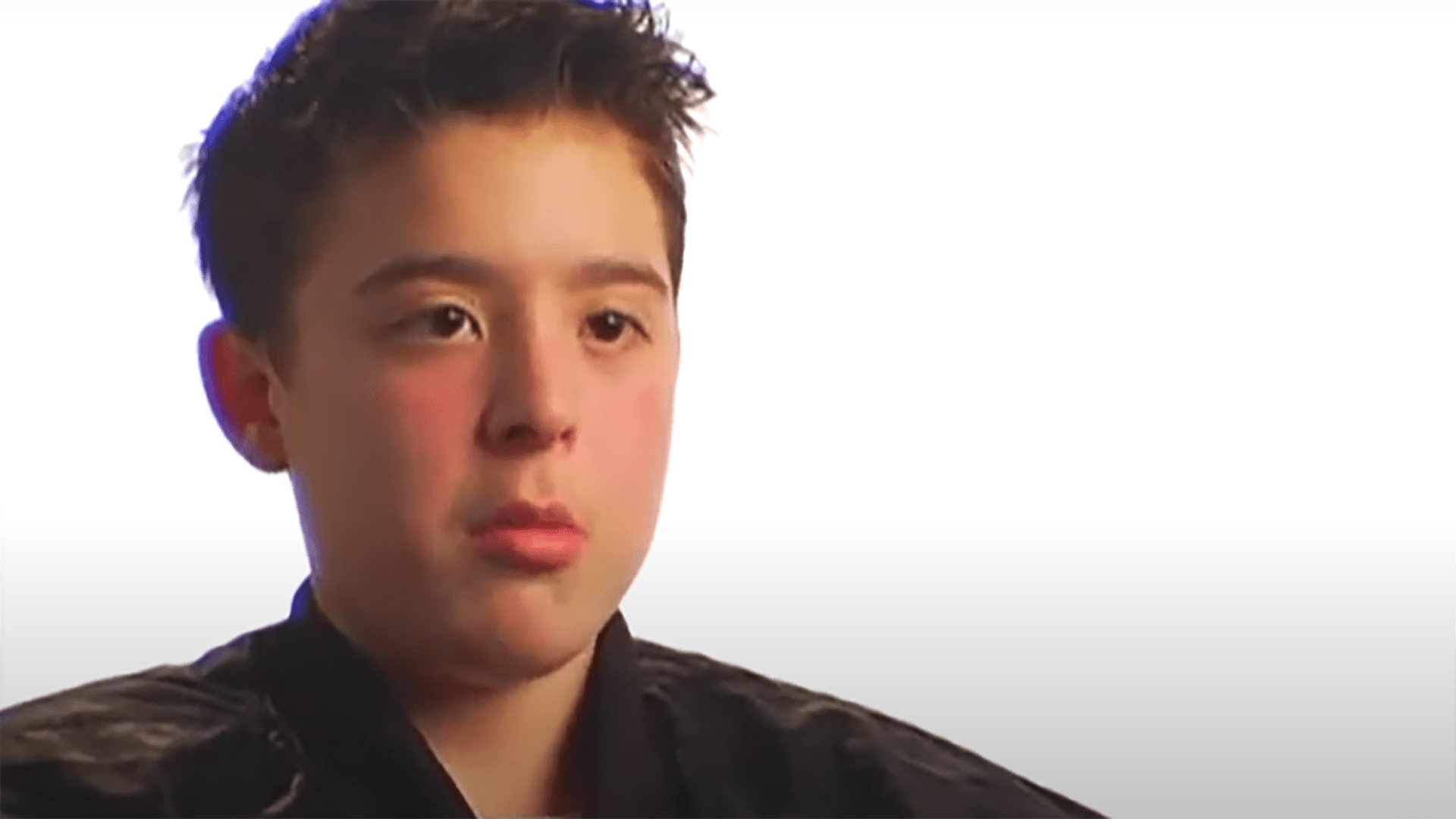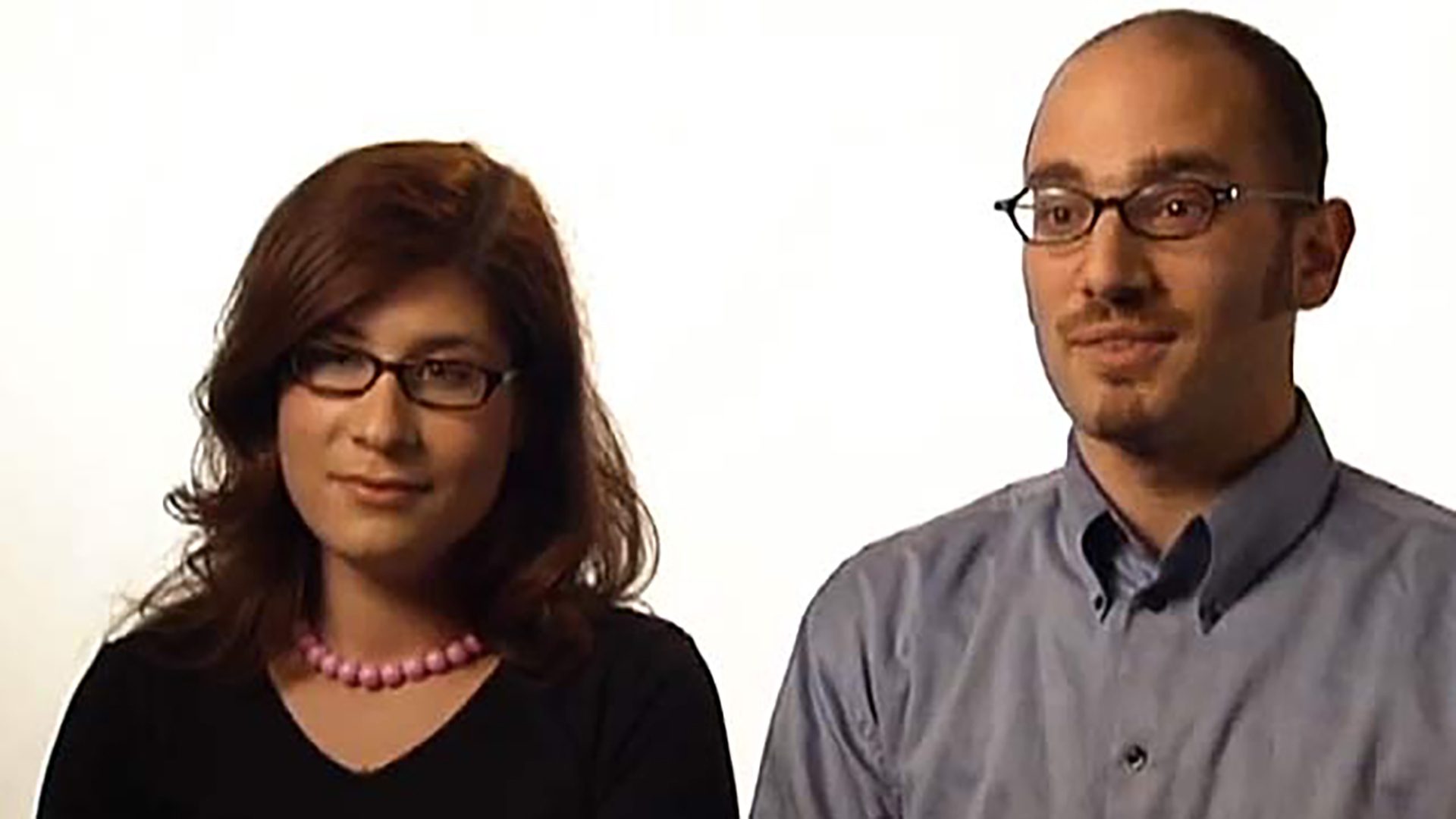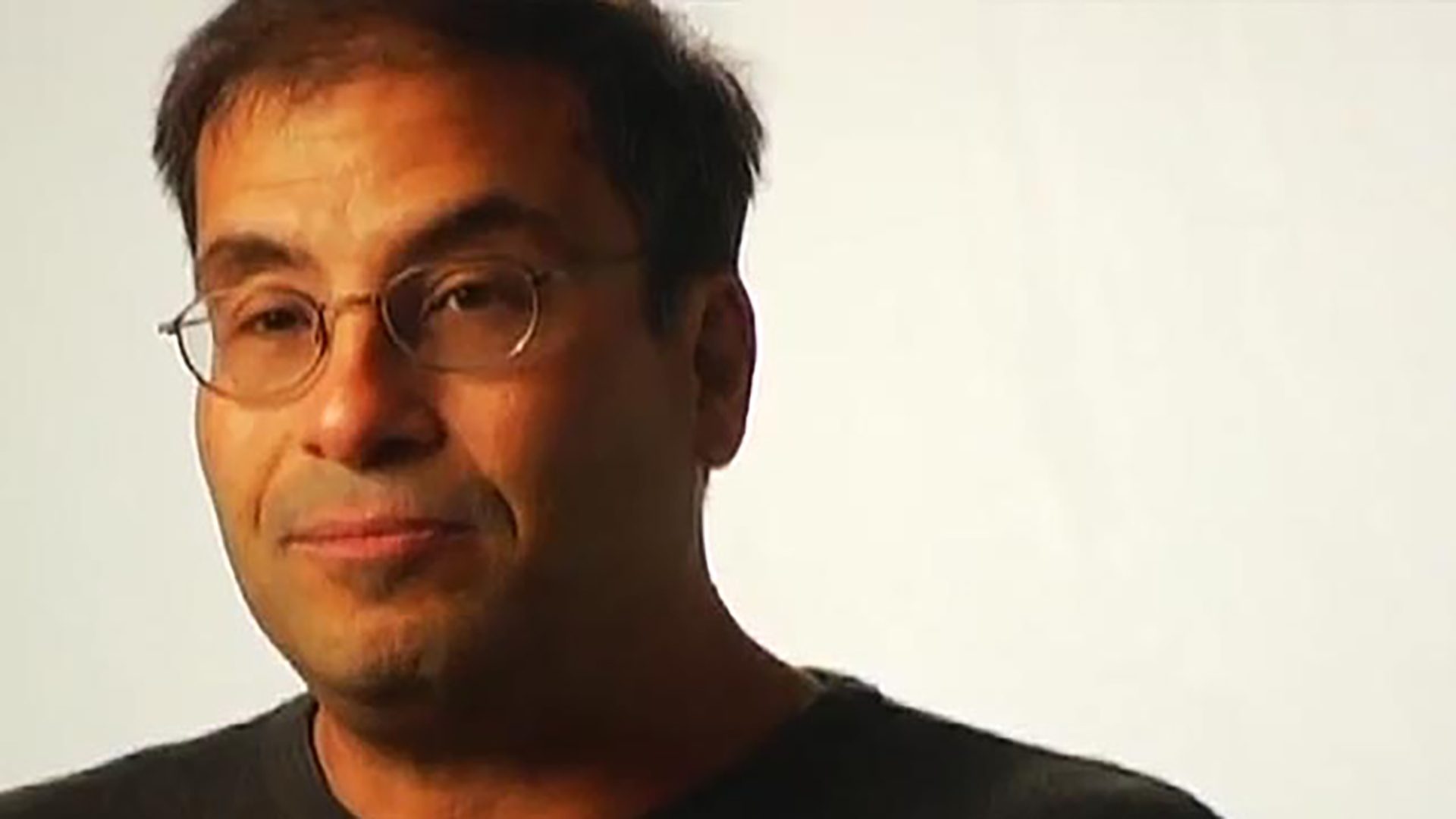Survivor Interview – Amer and Sandy T.
Sandy is the mother and caregiver of Amer, an acute lymphocytic leukemia survivor. They discuss dealing with the aftereffects of treatment, a compromised immune system, and family financial issues.

Amer: I became a cancer survivor when I was diagnosed with Acute Lymphocytic Leukemia in 2003.
We didn’t know what was happening. I wasn’t eating and lost a lot of weight. A doctor decided to admit me in the hospital. I live in Anchorage, Alaska, and because they didn’t have many doctors for cancer, they decided to ship me off to Seattle. I stayed there for three months. They gave me chemotherapy.
Sandy: My son, Amer, is great. He’s remarkable. We had two challenges. One, he had a stroke due to chemotherapy a year ago. He was half paralyzed on his left side for five straight days. On the fifth day, he walked out of the hospital. It was a side effect of the L-Asparaginase drug. I think it was a sign because he was due to have his last dose. We did not have that dose. Because of the stroke, he had physical therapy, occupational therapy, and speech therapy. They were concerned because he would constantly drool for the first couple of weeks. The neurologist said, “I always notice Amer keeps that left hand up sometimes.” That’s part of the scarring on the brain from where the stroke was. I had no idea. To anybody else, you would never notice anything about him. But to his dad and me, because we know him so well, if he’s tired or fatigued, you can see it. I can see if he’s walked up the stairs, his left side of his face sometimes has that kind of lazy look until he perks up. I can see when he’s extremely drained when he goes to school. He still has a hard time putting cream cheese on his bagel, holding with that left hand and cutting it. He just has to take his time. For the most part, I’d say he’s 95 percent back. But there are some things we watch.
The other challenge is, he’s a very, very difficult and picky eater. Going through all the chemotherapy, it is really hard to figure out what he’s going to eat, what he’s not going to eat. I need him to eat. I need him to help himself this way. He knows I’ll get on him. I can’t let him give up in that aspect because I do believe that eating properly is part of what’s going to help him, because he has so many medications going through him.
Amer: Chemo brings your counts down because it actually kills the cells, the good ones too. When my counts got low, my mouth started to have a lot of sores. I had to use a special medicine. You swish it in your mouth for thirty seconds. You have to swallow it, but I don’t like the taste, so I just spit it out. You keep doing it for a week and your mouth will get better. When you have sores in your mouth, it’s hard to eat a lot of stuff.
Also when my counts are down, everything I touch, I have to wash my hands. It is a pain when your mom tells you to do it. When my counts are down, I can’t go to school, but I have a tutor. It’s really hard because you go to school for two weeks and then your counts drop down, and you have to wait for another two weeks for your counts to go up. Then you start all over again. Sometimes I keep up, sometimes I don’t. But that’s why my mom has a tutor come over to my house. He gives me all of my homework.
I have three brothers, one older and two younger. The only brother that understands is my older brother. When I was in Seattle, he stayed with us for six weeks, and he kept telling me, “Get up. Come on. Let’s go play.” But my two younger brothers keep saying to my mom, “You only care about him,” and that’s not true. She just gives attention to me sometimes.
Sandy: Amer doesn’t talk a lot unless we’re alone in the car. He’ll talk or ask his questions. But he does very well, and he talks to his oldest brother. All I can really say is that I ask him, but he doesn’t want anything to be made a big deal of. A lot of times, I find things out from my eldest son. Amer copes with it really well. He keeps things inside, but he lets it out. He’s learned it’s okay to let it out. He’s learned it’s okay to scream once in a while. He used to never raise his voice or do anything like that. He’s learned it’s okay to do that.
My husband and I probably have gone through the most emotions. We are both taking antidepressants, just to make sure we stay on top of it. I have to stay on top of it because I have Amer, and I have three other children. I know a couple of my kids sometimes feel like, “Oh, I love Amer more,” but it’s definitely not that. I just have to focus on making sure we’re on top of things for him.
We’re Muslim. We believe that Allah’s going to watch over us and watch over our son. We believe that if we do good things for others, then He’ll watch over us, bless us and take care of Amer. My husband has felt the strongest. He’s gone twice now to Saudi Arabia to Mecca and done the pilgrimage, the Hajj. He went and did Umrah over Ramadan. It’s to be closer to ask for forgiveness of things and to please help us with Amer. That’s our priority. I’m really proud of my children and Amer. He knows that whatever happens that he will go to heaven and that is a better place than you could ever ask to go to. That’s the one thing we believe. We believe in faith, in strength, and being close and praying that things will be well.
When Amer was diagnosed, I was given 24 hours’ notice that we were going to be Lifeline air-jetted out of Anchorage. While the doctor was telling me all of this, I was thinking, “Wait a minute. I’m going to leave my husband, my kids, and be gone a month or so.” We were actually gone for three months. We’re behind in everything, but that’s okay. We’ve had to ask for some assistance, but there have been quite a few things. I’m just trying to not lose the vehicle we drive and the house we’re living in. My eldest has a job working in the grocery store, and I let him know I can’t afford to buy his $80 shoes. He’s going to have to work and buy them himself. Amer, bless his heart, babysits and makes $30 a week. That’s his spending money. I feel so bad. He even wants to pay for his haircuts, and it makes me feel so awful. But sometimes, that’s just how it goes. We have to make sure we can keep the heat and electricity from being shut off.
Fortunately enough, we have Denali Kid Care, which is a state Medicaid-type program that has taken care of most things. But it doesn’t cover 30 miles roundtrip back and forth to the doctors. Sometimes, it’s four times in three days, so we’re talking about 120 miles on my car. We’re taking one day at a time, because I’m sure that there’s a limit with the insurance. We’re going to have to keep hoping. Keep praying.
Amer: Having cancer made me a lot stronger because this is really hard. It’s okay to be scared, but you have to keep doing it because you want to survive. It’s okay to be afraid of dying. You just keep doing your treatments and listen to the doctors and your parents.
Livestrong™ means taking my medicine, because I want to finish this treatment. I want to be able to go to high school and college. I want to keep living, grow older.
My name is Amer Taha, and I’m a one-and-a-half-year survivor.
My name is Sandy Taha, and my son, Amer, is an ALL survivor.

